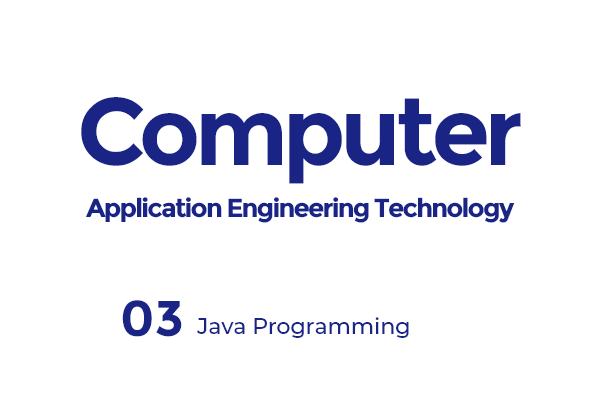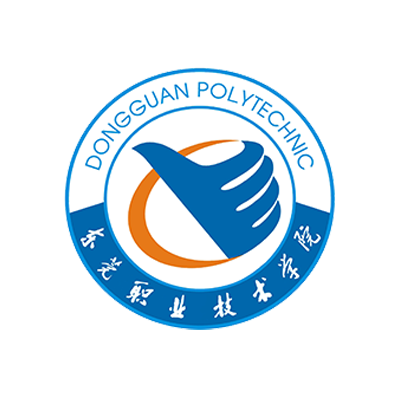TEL:+855 99 294 999
FAX:+855 99 294 999
E-MAIL:catecp@china-asean.cn
Lesson Code: TCEN2024G010
Clicks:
![]()
1. Lecturer: LI Bin, Dongguan Polytechnic
2. Lecturer: HUANG Lingfeng, Dongguan Polytechnic
3. Lecturer: CAO Yangzhi, Dongguan Polytechnic
![]()
![]()
![]()
● Corresponding PPT
● Online Course Video
● Simulation Question Tanks
![]()


![]()
● Being able to analyze actual requirements, design program flow, and create program modules or execution flowcharts.
● Capable of using common methods from the Date, Time, and Math classes based on the Java API documentation.
● Being able to complete the installation and use of JDK, Eclipse, or IntelliJ IDEA tools.
● Capable of identifying common exceptions in programs and handling them using the try…catch, finally, throws, and throw keywords.
● Knowing how to use the List, Set, and Map interfaces, performing collection traversal, utilizing the Collection utility class, and programming and debugging accordingly
![]()
![]()